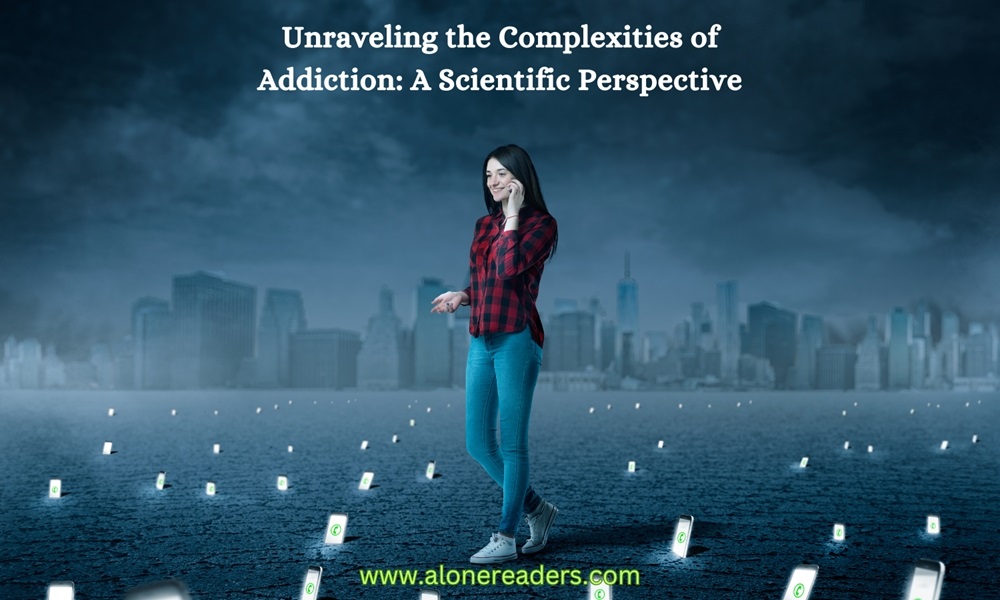
Addiction is a complex and multifaceted phenomenon that has puzzled scientists and psychologists for decades. It's a condition that can affect anyone, regardless of age, gender, or socioeconomic status, and its impact is far-reaching, affecting not just the individual, but their family, friends, and society as a whole. The science of addiction is an interplay of neurological, psychological, and social factors, each contributing to the development and continuation of addictive behaviors.
At its core, addiction is defined by a compulsive engagement in rewarding stimuli, despite adverse consequences. This could include substance abuse, like drugs or alcohol, or behavioral addictions, such as gambling or internet addiction. But what drives an individual towards these harmful patterns of behavior? The answer lies in a combination of biological predispositions, psychological vulnerabilities, and environmental influences.
Neurologically, addiction involves changes in the brain's reward system. The brain's limbic system, responsible for emotion and reward processing, is particularly implicated. When an individual engages in an addictive behavior or substance, their brain releases neurotransmitters like dopamine and endorphins, which create feelings of pleasure and euphoria. This reward reinforces the behavior, encouraging its repetition. Over time, the brain's chemistry and structure may change, leading to an increased tolerance and a decreased ability to find pleasure in other, healthier activities. This alteration is what often leads to the compulsive nature of addiction, as the individual increasingly seeks out the addictive behavior to achieve the same euphoric effect.
Psychological factors also play a significant role in addiction. Individuals with certain mental health disorders, such as depression, anxiety, or bipolar disorder, are at a higher risk of developing addictive behaviors. This is often due to the use of substances or behaviors as a form of self-medication, attempting to relieve symptoms of their mental health condition. Additionally, traits such as impulsivity, low self-esteem, and a need for immediate gratification can predispose individuals to addiction. Traumatic experiences, particularly in childhood, are also a significant risk factor, as they can alter the way the brain responds to stress and reward.
Social and environmental factors cannot be overlooked in the science of addiction. An individual's upbringing, social circles, and socioeconomic status can all influence their likelihood of developing an addiction. For example, individuals who grow up in a family where substance abuse is common are more likely to develop similar behaviors. Peer pressure, particularly among adolescents and young adults, is a strong force in initiating and continuing addictive behaviors. Additionally, chronic stress, whether due to poverty, job-related issues, or personal relationships, can increase the risk of addiction as individuals seek an escape from their reality.
Treatment for addiction must address these multifaceted causes. Effective treatment plans often include a combination of medication, to help manage withdrawal symptoms and brain chemistry, and psychotherapy, to address the psychological aspects of addiction. Cognitive Behavioral Therapy (CBT) is particularly effective, as it helps individuals understand the thought patterns and behaviors that lead to addiction, and develop healthier coping mechanisms. Support groups and community resources can also provide essential social support, helping individuals feel less isolated in their struggles.